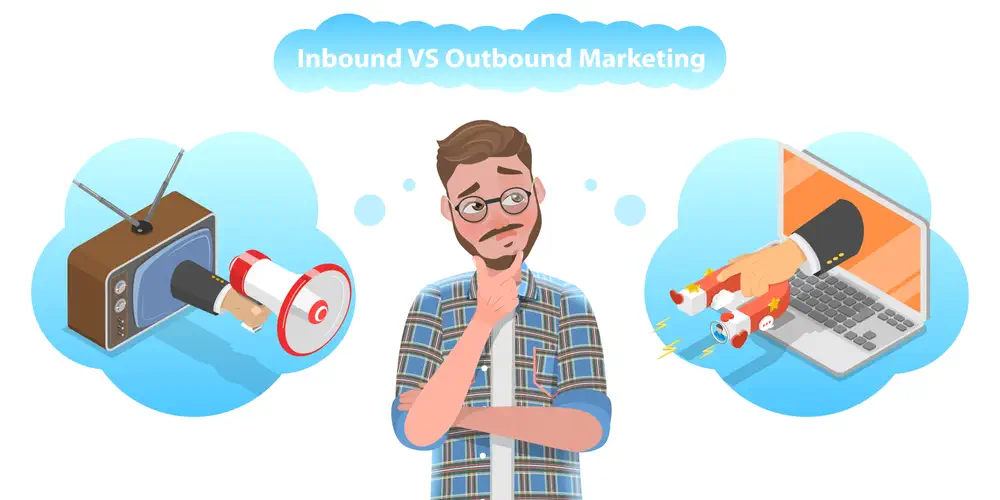There are some significant Differences Between Traditional Marketing And Digital Marketing. The former focuses on leading the lead generation process, while the latter invites leads to find you. The former aims to increase brand awareness and impact the audience.
While the latter relies on relationships to make the public a part of your brand, the former requires an investment in time and money. To understand the differences between the two, consider the following examples:
Traditional Marketing: This form of marketing uses offline methods to reach local audiences. It is effective in generating leads in local areas, but its main disadvantage is cost. The cost of traditional marketing includes funding for media buy, total cost of production, and marketing.
Using traditional methods is expensive, but can bring excellent results. In addition, they may take a long time to yield results. But they have many advantages, too!The Difference Between Traditional Marketing And Digital Advertising Both forms of marketing work to create brand awareness. The former is more likely to appeal to millennials, while the latter appeals to older audiences.
Despite the differences between the two approaches, the former is more effective at engaging younger generations. For example, traditional marketing is more effective with older audiences, since they’re less likely to use modern technology, and digital marketing is more targeted to target specific demographics.
Digital Marketing Allows for a one-way conversation. With digital advertising, you can instantly see what your audience is saying. Compared to traditional marketing, digital ads are more responsive to customer feedback.
However, traditional marketing relies on brand managers not getting negative feedback because they invest more resources in market research and focus groups. This means that it’s too late to fix mistakes. So, while both methods have their benefits, it is essential to remember the difference between them.
While the two approaches are different, there are some key differences that should be considered before choosing a particular method. For instance, traditional marketing caters to a local audience. In contrast, digital marketing targets a global audience and doesn’t restrict itself to one area.
Both methods have advantages and disadvantages, and you should choose what is right for your business. This way, you can maximize your ROI. So, choose the most suitable strategy for your company. It’s important to keep in mind the age demographics of your target market and the budgets.
The biggest difference between the two is the time it takes to reach your audience. With traditional marketing, you can only target a small segment of your audience and expect the results within a week or two.
With digital marketing, you can target a wide range of people, depending on your product or service. It also gives you the flexibility to adjust your campaign as your needs change. This means that you need to tailor your campaign to your market.
Traditional marketing is more effective at building trust. Consumers tend to trust brands that they know. While digital campaigns aim to get consumers’ attention, traditional marketing is more likely to be remembered by those who have a strong relationship with the brand.
Unlike online marketing, traditional marketing is more difficult to measure and is costly for startups. A combination of both strategies is the most effective. In general, the two methods should be used in tandem.
Unlike digital marketing, traditional marketing lacks interaction with customers. Its aim is to attract attention and convert them into buyers. Compared to the latter, online marketing offers instant communication and can build lasting relationships with customers.
This is a major difference between the two types of advertising. The former is more efficient and reaches more people, while the latter is more effective at attracting and converting customers. The difference between the two types of advertising is that traditional marketing requires the use of more physical resources.
Traditional marketing is more difficult to learn than digital marketing. There is a lower learning curve. While most businesses have years of experience with both types of advertising, traditional marketers tend to be more familiar with conventional marketing.
Besides, it’s less costly to implement compared to digital marketing. It also allows for more personalization and flexibility. For a business, the advantage of digital is that it offers more options and is often more efficient.

